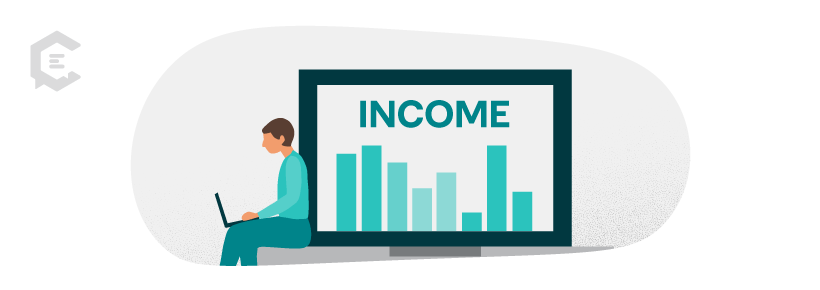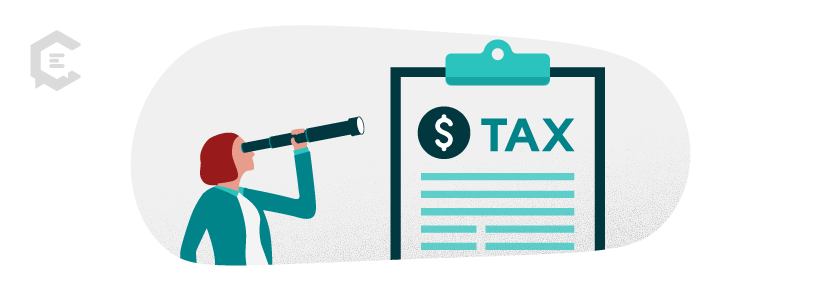The words “tax preparation time” are enough to wipe the smile off any self-employed writer’s face. But have no fear. Here are three tips to help you understand how to do taxes as a freelancer.
1. Report All of Your Income and Expenses
There is a plethora of accounting software and spreadsheets to track your income and expenses. As an entrepreneur, you need to report ALL of your income.
By the end of February, you should have 1099 forms from your clients detailing what you were paid from the previous year. Ensure the amount matches what you received (and let your clients know about discrepancies).
You could also benefit from deductions to offset taxes. Work from home? Think home-office deduction. New a computer? Consider an expense. Subscribe to news services for research? Also a likely deduction.
Other “Schedule C” expenses include:
- Vehicle use for business
- Insurance
- Legal or professional services
- Office supplies
2. Consult With an Expert
Trained people are out there who can make sense of your Schedule Cs and 1040 forms. A qualified tax preparer is familiar with the federal tax requirements and those of your state. That individual should also have experience with small businesses.
Find this knowledgeable individual through:
- A referral from friends or colleagues
- The IRS’ tax preparer database
- Your state’s accountant/CPA associations
Meet the preparer in person to learn about their fees and determine if you’re a good fit.
3. Look Ahead
Even as you’re preparing your taxes, it’s essential to look ahead. Specifically, be ready to pay quarterly taxes throughout the rest of this year.
If you work for yourself, you’re on the hook for federal and state taxes and Medicare and Social Security tax (euphemistically known as self-employment tax). You can help mitigate some of this burden with estimated tax payments on the following dates:
- April 15
- June 17
- September 16
- January 15 (of the following year)
Pay estimated taxes through IRS Direct Pay or the Electronic Federal Tax Payment System. A rule of thumb is to set aside at least 25 percent of your earnings to pay estimated taxes.
Can you skip paying quarterlies? You could. But failure to pay could mean a huge tax burden in mid-April. Furthermore, the IRS will penalize you for unpaid taxes, even with a refund coming.
Following the above tax tips for freelancers can help you manage this year’s tax preparation with less stress. If you’re looking for more ways to boost your earnings, consider joining ClearVoice’s talent network and learn how to get paid for what you love doing!
Disclaimer: This article is meant as a guide for informational purposes only. It does not constitute a solicitation or provision of legal or financial advice or establish a client-attorney relationship. Please consult a professional in making any decisions for your business.






